We often admire and idolize famous individuals for their achievements and contributions to society. However, behind their successes may lie a dark side – a personality disorder that affects only a small percentage of the general population. In this blog post, I will discuss10 Famous People With Narcissistic Personality Disorder.
From political leaders to Hollywood celebrities, their grandiose sense of self-importance, lack of empathy, and manipulative behavior have impacted both their personal lives and the world around them. Discover the shocking truth behind the personalities of these ten historical figures in our in-depth analysis of NPD.
1. Napoleon Bonaparte
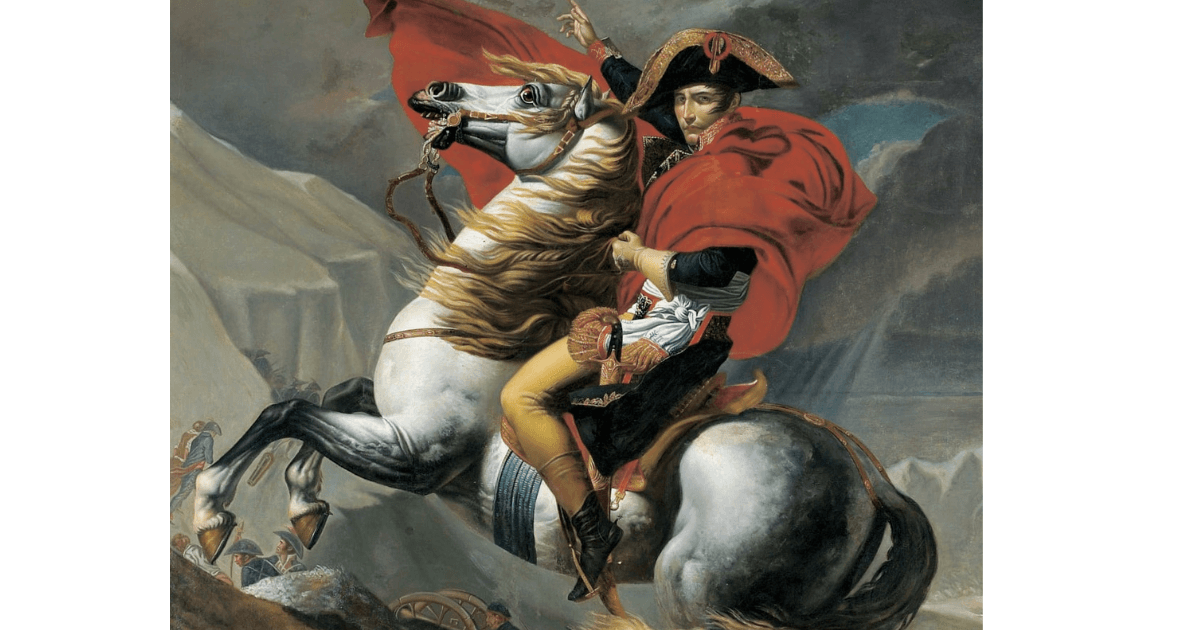
Napoleon Bonaparte is one of the most famous military leaders in history. He rose to power during the French Revolution and became the Emperor of France in 1804. He is known for his military conquests, political reforms, and contributions to French law.
However, he also exhibited traits consistent with NPD, including grandiosity, entitlement, and a lack of empathy. He was known for his arrogance and his inability to empathize with the suffering of others. He also had a need for admiration and attention, and he was known to be extremely sensitive to criticism. These traits are consistent with a diagnosis of NPD.
Examples of Napoleon Bonaparte’s Narcissism
Here are some examples of Napoleon’s behavior and actions that suggest he had narcissistic tendencies:
A. Grandiose sense of self-importance
Napoleon had a very high opinion of himself and his abilities. He often referred to himself in grandiose terms, such as “the savior of France” and “the emperor of the world.” He believed that he was destined for greatness and saw himself as a hero.
B. Need for admiration and attention
Napoleon craved attention and adoration from others. He was known for his flamboyant dress and demeanor, and he enjoyed being the center of attention. He also encouraged the creation of an elaborate cult of personality around him.
C. Lack of empathy
Napoleon was known for his lack of empathy towards others. He saw people as instruments to be used for his own purposes and did not hesitate to sacrifice others for his own gain. He was also known for his brutal treatment of prisoners of war.
5. Manipulative behavior
Napoleon was skilled at manipulating others to get what he wanted. He was known for his charm and charisma, which he used to win over allies and enemies alike. He also used propaganda to shape public opinion and control the narrative of his actions.
6. Sense of entitlement
Napoleon believed that he was entitled to power and respect. He expected others to obey him without question and often became angry when his wishes were not immediately fulfilled.
(Source: “Narcissistic Leaders: Who Succeeds and Who Fails” by Michael Maccoby).
2. Adolf Hitler
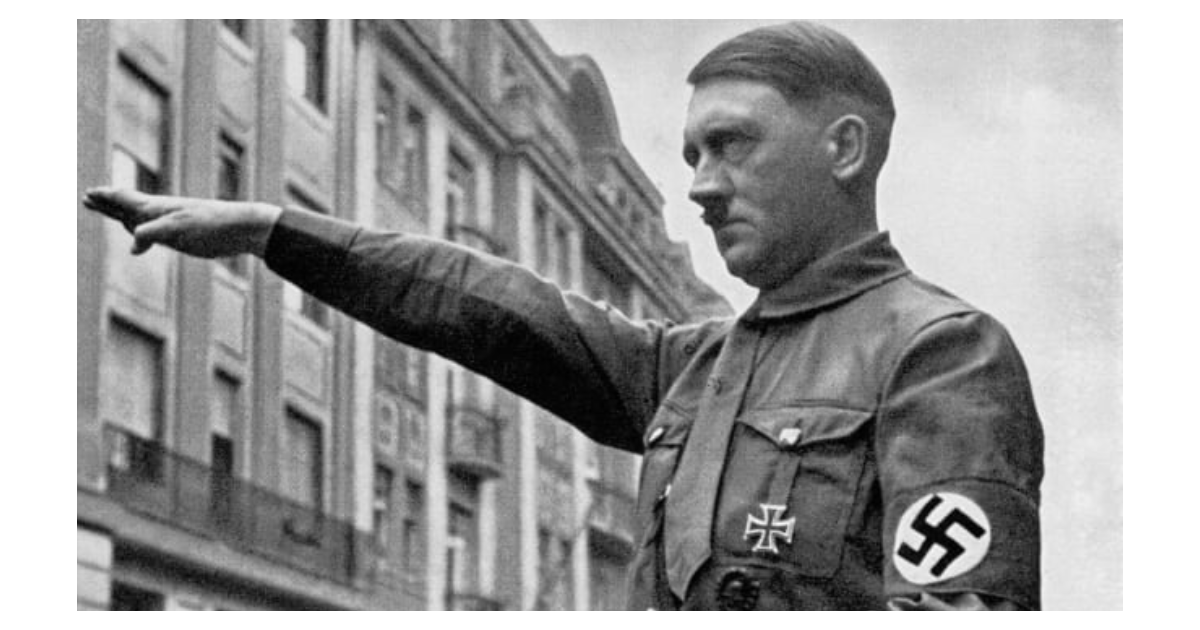
Adolf Hitler was the leader of Nazi Germany and one of the most infamous dictators in history. He rose to power in the 1930s and led Germany into World War II. He is responsible for the deaths of millions of people, including six million Jews in the Holocaust.
Hitler exhibited many of the classic symptoms of NPD, including an inflated sense of self-importance, a lack of empathy, and a need for admiration. He was also known for his extreme paranoia and his tendency to blame others for his own mistakes. These traits are consistent with a diagnosis of NPD.
Examples of Adolf Hitler’s narcissism
Hitler saw himself as a visionary leader who was destined to create a new, powerful German empire. He often referred to himself in messianic terms and believed that he had a unique destiny to fulfill.
Hitler showed little or no empathy for others, particularly those who he regarded as “inferior” or “subhuman.” He was responsible for the deaths of millions of people during the Holocaust, as well as countless other atrocities.
Hitler craved attention and adoration from his followers. He was known for his charisma and ability to captivate crowds with his speeches. He also encouraged the creation of a cult of personality around him.
Hitler believed that he was entitled to power and respect. He expected others to obey him without question and became angry when his wishes were not immediately fulfilled.
(Source: “The Mind of Adolf Hitler: The Secret Wartime Report” by Walter C. Langer).
3. Joseph Stalin

Joseph Stalin was the leader of the Soviet Union from the mid-1920s until his death in 1953. He is known for his ruthless tactics, his purges of political opponents, and his industrialization of the Soviet economy.
He also exhibited many of the classic symptoms of NPD, including a domineering personality, a lack of empathy, and a tendency to view others as objects to be manipulated.
He was also known for his extreme paranoia and his tendency to see conspiracies everywhere. These traits are consistent with a diagnosis of NPD.
Joseph Stalin’s Narcissism examples
Here are some examples of Stalin’s behavior and actions that suggest he had narcissistic tendencies:
Stalin saw himself as the leader of the Soviet Union and believed that he was the only one who could save the country from its enemies. He was known for his megalomania and saw himself as a god-like figure.
Stalin was responsible for the deaths of millions of people during his reign of terror. He showed little or no empathy for the suffering of others, particularly those who he saw as enemies of the state.
Stalin craved attention and adoration from his followers. He was known for his cult of personality, which emphasized his power and authority.
(Source: “The Psychopathic God: Adolf Hitler” by Robert G.L. Waite).
4. Henry VIII
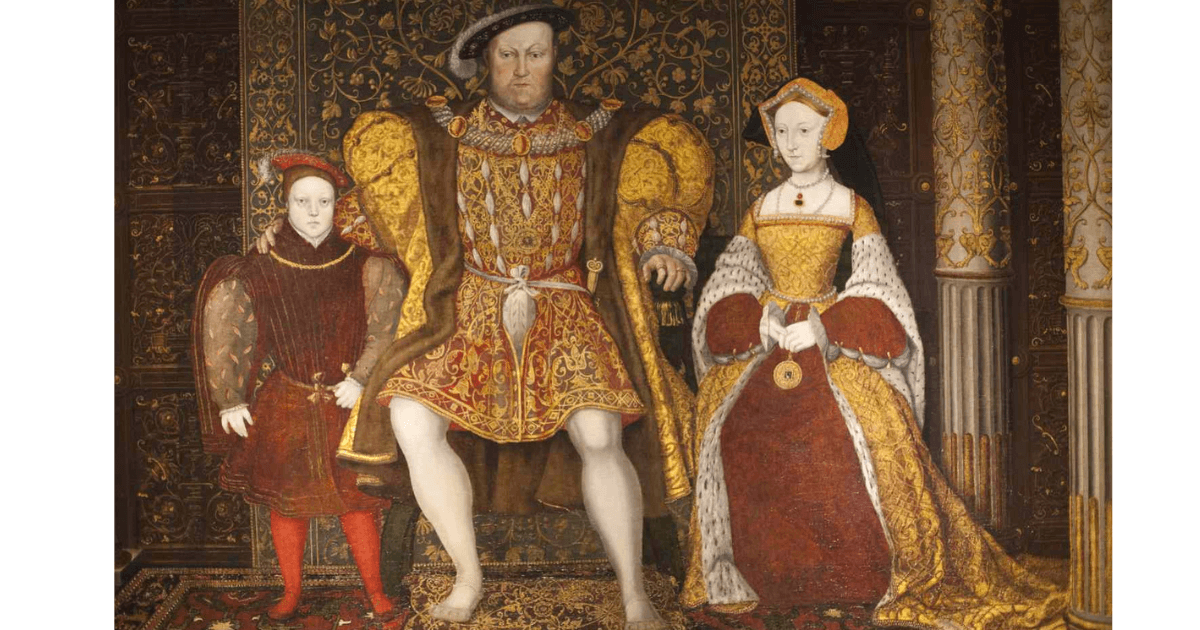
Henry VIII was the King of England from 1509 until his death in 1547. He is known for his six marriages and his role in the English Reformation. He also exhibited many of the classic symptoms of NPD, including a need for attention and admiration, a sense of entitlement, and a lack of empathy.
He was known for his explosive temper and his tendency to blame others for his own mistakes. These traits are consistent with a diagnosis of NPD.
(Source: “Henry VIII: The King and His Court” by Alison Weir).
5. Cleopatra
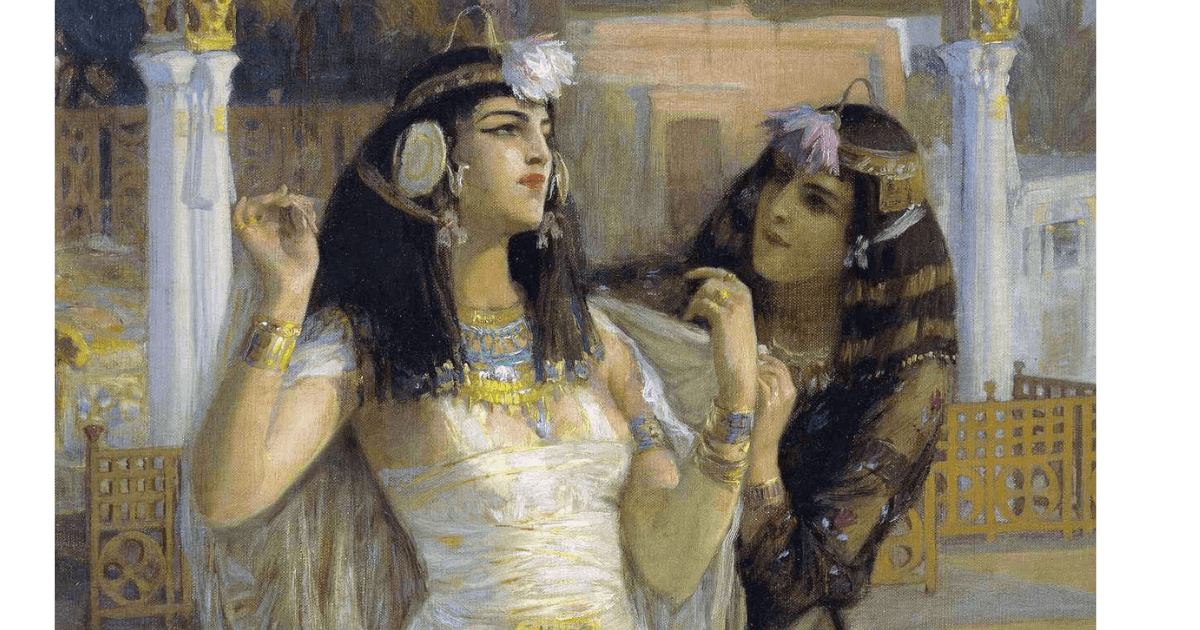
Cleopatra, the last Pharaoh of Egypt, is one of the most iconic and well-known women in history. Her beauty, intelligence, and relationships with Julius Caesar and Mark Antony have captivated people for centuries.
However, she also exhibited many traits consistent with Narcissistic Personality Disorder (NPD), such as an excessive sense of self-importance, a lack of empathy, and manipulative behavior.
According to historian Stacy Schiff’s book, “Cleopatra: A Life,” Cleopatra’s grandiose sense of self-importance was evident in her view of herself as a goddess, her lavish lifestyle, and her desire for adoration and attention from her subjects.
She was known for her political scheming and manipulative nature, and was willing to use charm and even murder to achieve her goals. Schiff also notes that Cleopatra’s “unabashed self-assurance, sense of entitlement, and master manipulation” are consistent with a diagnosis of NPD.
Cleopatra’s relationship with Julius Caesar, for example, was likely based on her desire to gain power and influence in Rome. She was willing to use her sexuality and charm to manipulate Caesar and advance her own agenda.
Similarly, her alliance with Mark Antony was a calculated move to increase her power and influence in the Mediterranean world, despite the risks involved.
6. Pablo Picasso
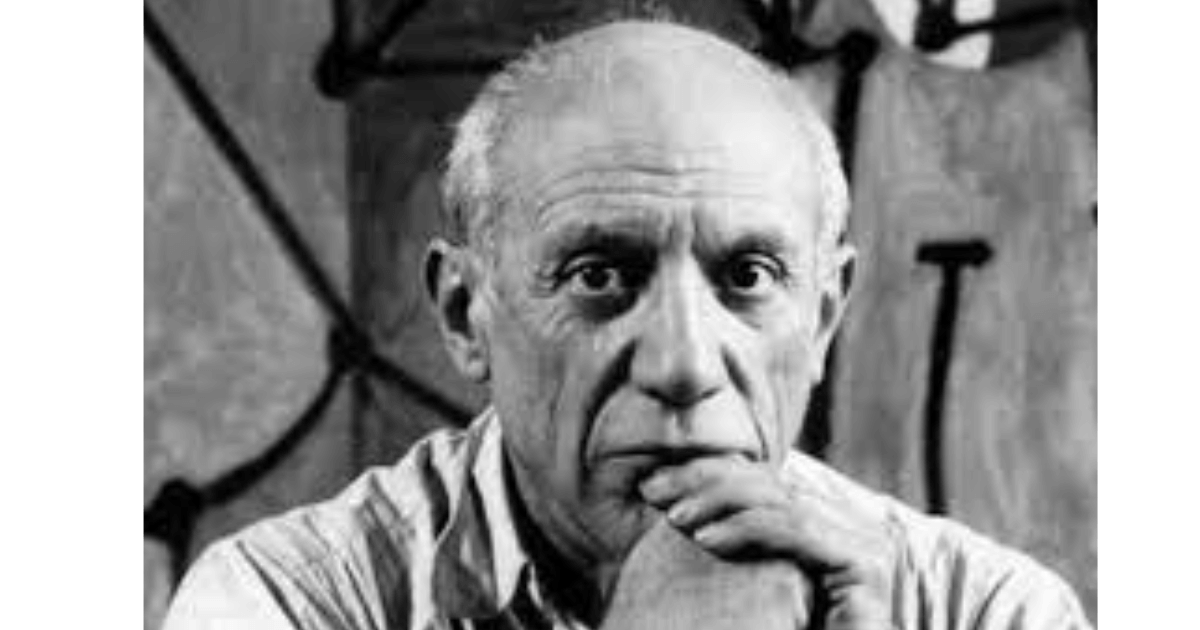
Pablo Picasso is one of the most famous artists of the 20th century. He is known for his contributions to the development of Cubism and his wide-ranging artistic styles.
However, he also exhibited many of the classic symptoms of NPD, including a grandiose sense of self-importance, a lack of empathy, and a need for admiration.
He was known for his mistreatment of women and his tendency to manipulate others to get what he wanted. These traits are consistent with a diagnosis of NPD. (Source: “The Private Life of Pablo Picasso” by Arianna Huffington).
7. Richard Nixon

Richard Nixon was the 37th President of the United States. He is known for his role in the Watergate scandal, which led to his resignation in 1974.
He also exhibited many of the classic symptoms of NPD, including a grandiose sense of self-importance, a lack of empathy, and a tendency to lie and manipulate others.
He was known for his paranoia and his tendency to see enemies everywhere. These traits are consistent with a diagnosis of NPD.
(Source: “Richard Nixon: The Life” by John A. Farrell).
8. Marlon Brando
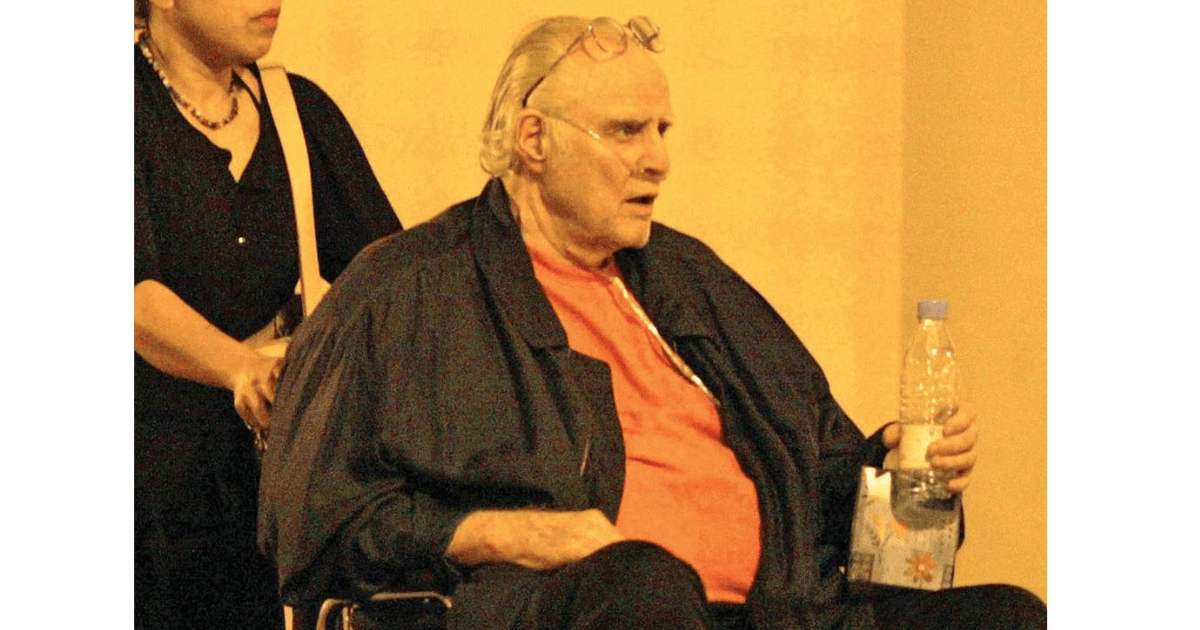
Marlon Brando was one of the most famous actors of the 20th century. He is known for his roles in movies such as “The Godfather” and “A Streetcar Named Desire”. However, he also exhibited many of the classic symptoms of NPD, including a grandiose sense of self-importance, a lack of empathy, and a tendency to manipulate others to get what he wanted.
He was known for his mistreatment of women and his tendency to lash out at those who disagreed with him. These traits are consistent with a diagnosis of NPD.
(Source: “Brando: The Biography” by Peter Manso).
9. Kim Jong-un

Kim Jong-un is the current leader of North Korea. He is known for his authoritarian rule, his nuclear weapons program, and his cult of personality.
He also exhibits many of the classic symptoms of NPD, including a grandiose sense of self-importance, a lack of empathy, and a need for admiration.
He is known for his ruthless tactics and his tendency to view himself as a god-like figure. These traits are consistent with a diagnosis of NPD.
(Source: “Kim Jong-un: North Korea’s Enigmatic Dictator” by Jung H. Pak).
10. Kanye West

Kanye West is a famous rapper, producer, and fashion designer. He is known for his outspoken personality, his controversial statements, and his musical contributions.
However, he also exhibits many of the classic symptoms of NPD, including a grandiose sense of self-importance, a lack of empathy, and a need for attention and admiration.
He is known for his public outbursts and his tendency to lash out at those who criticize him. These traits are consistent with a diagnosis of NPD.
(Source: “The Life and Career of Kanye West” by Alex Hahn).
Final Thoughts
Narcissistic Personality Disorder is a serious mental health condition that affects only a small percentage of the general population. However, throughout history, many famous people have exhibited traits consistent with NPD.
The ten individuals discussed in this blog post are just a few examples of famous people who have been speculated to have had NPD. It is important to note that a diagnosis of NPD can only be made by a qualified mental health professional, and it is not appropriate to diagnose someone based solely on speculation or media reports.
